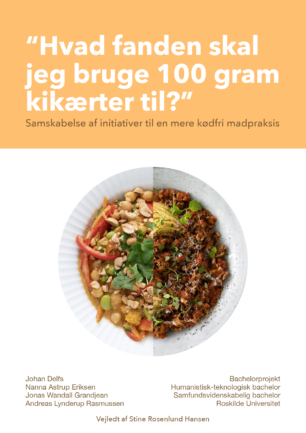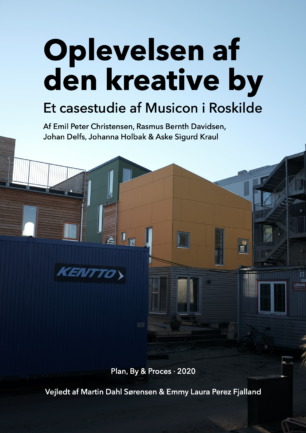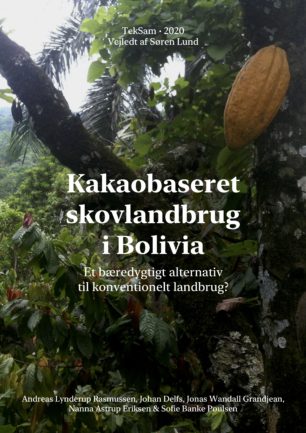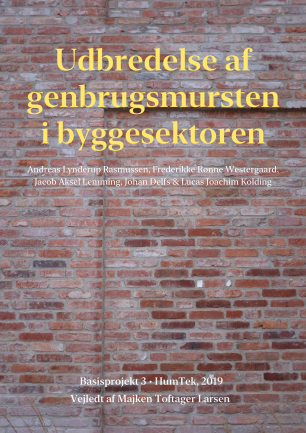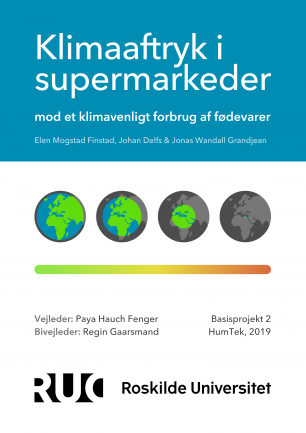What do I do with 100g of chickpeas?
Exploration of meat consumption and strategies to reduce it in response to the need for global dietary shifts away from meat. Based on qualitative interviews with consumers, the analysis identifies barriers to reducing meat consumption, including limited understanding of environmental impacts and insufficient skills for meat-free meals. Building on this, workshops generate various initiatives, with consistent suggestions for interventions in supermarkets and public campaigns. This research provides insights into addressing meat consumption challenges and promoting sustainable dietary practices
